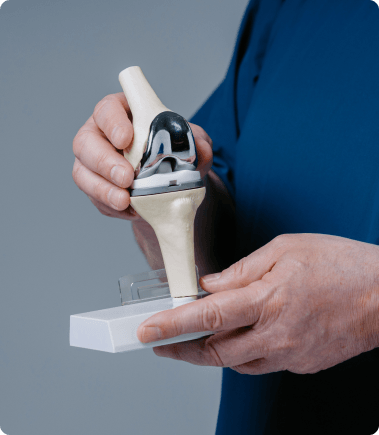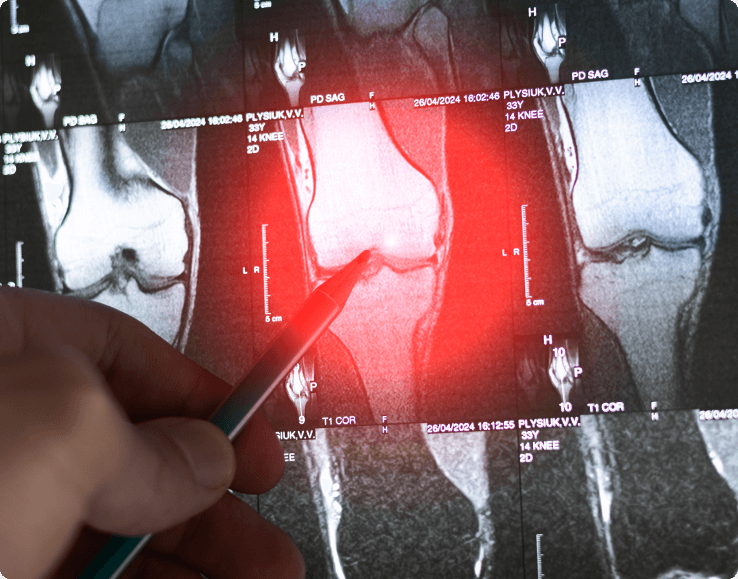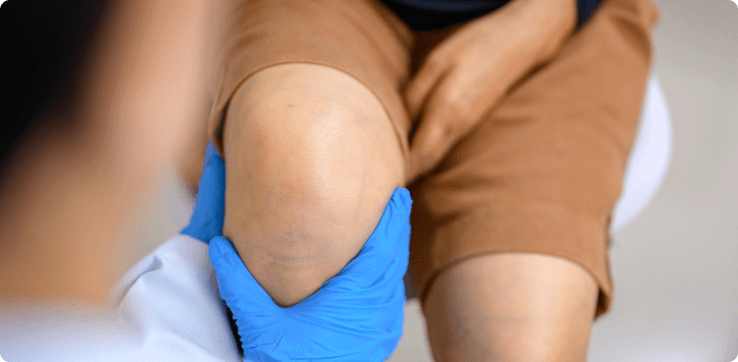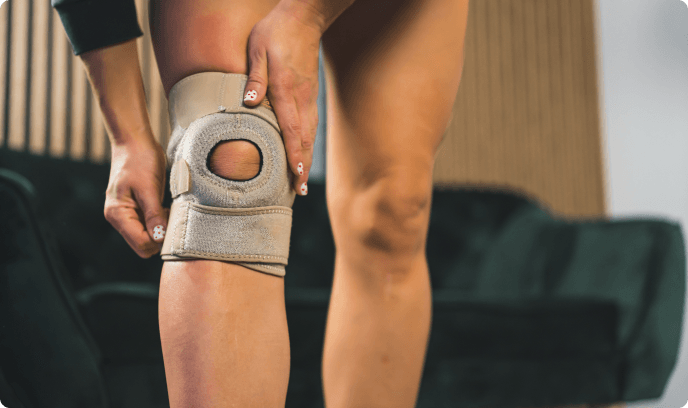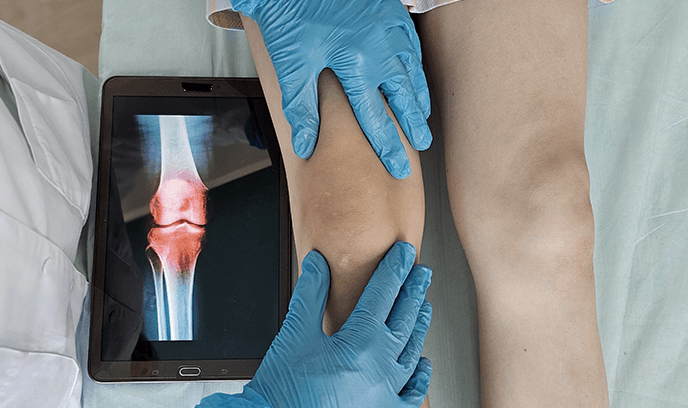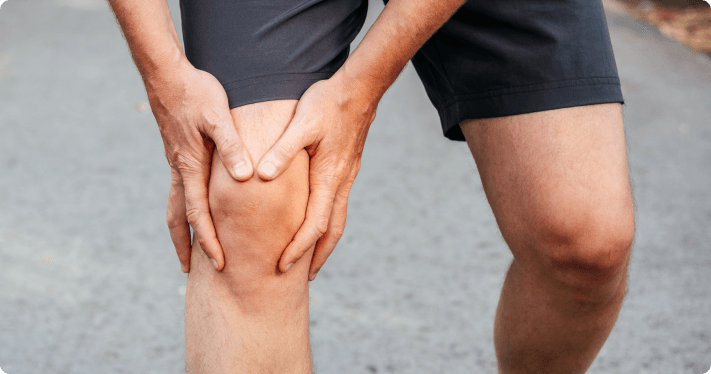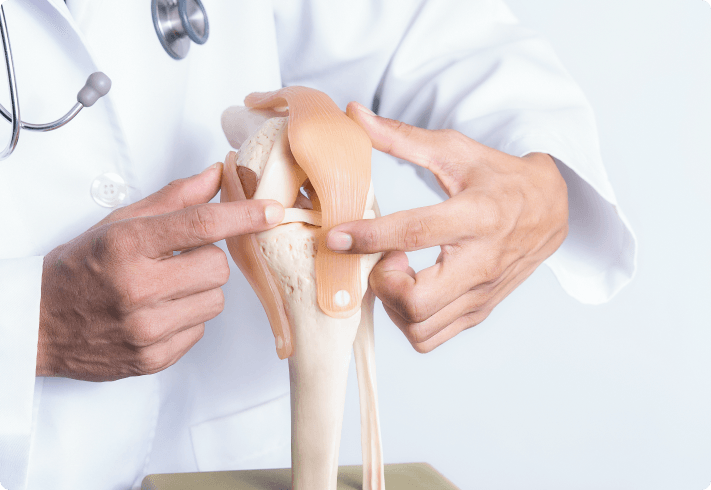What is a Meniscus Tear?
A meniscus tear is a common knee injury that affects the cartilage in the knee joint. The meniscus is a C-shaped piece of tough, rubbery cartilage that cushions and stabilizes the knee by acting as a shock absorber between the femur (thighbone) and tibia (shinbone).
Meniscus tears can be categorized into different types based on their shape and location, such as radial tears, bucket-handle tears, horizontal tears, and complex tears. The severity of the tear determines the treatment approach and recovery time.


